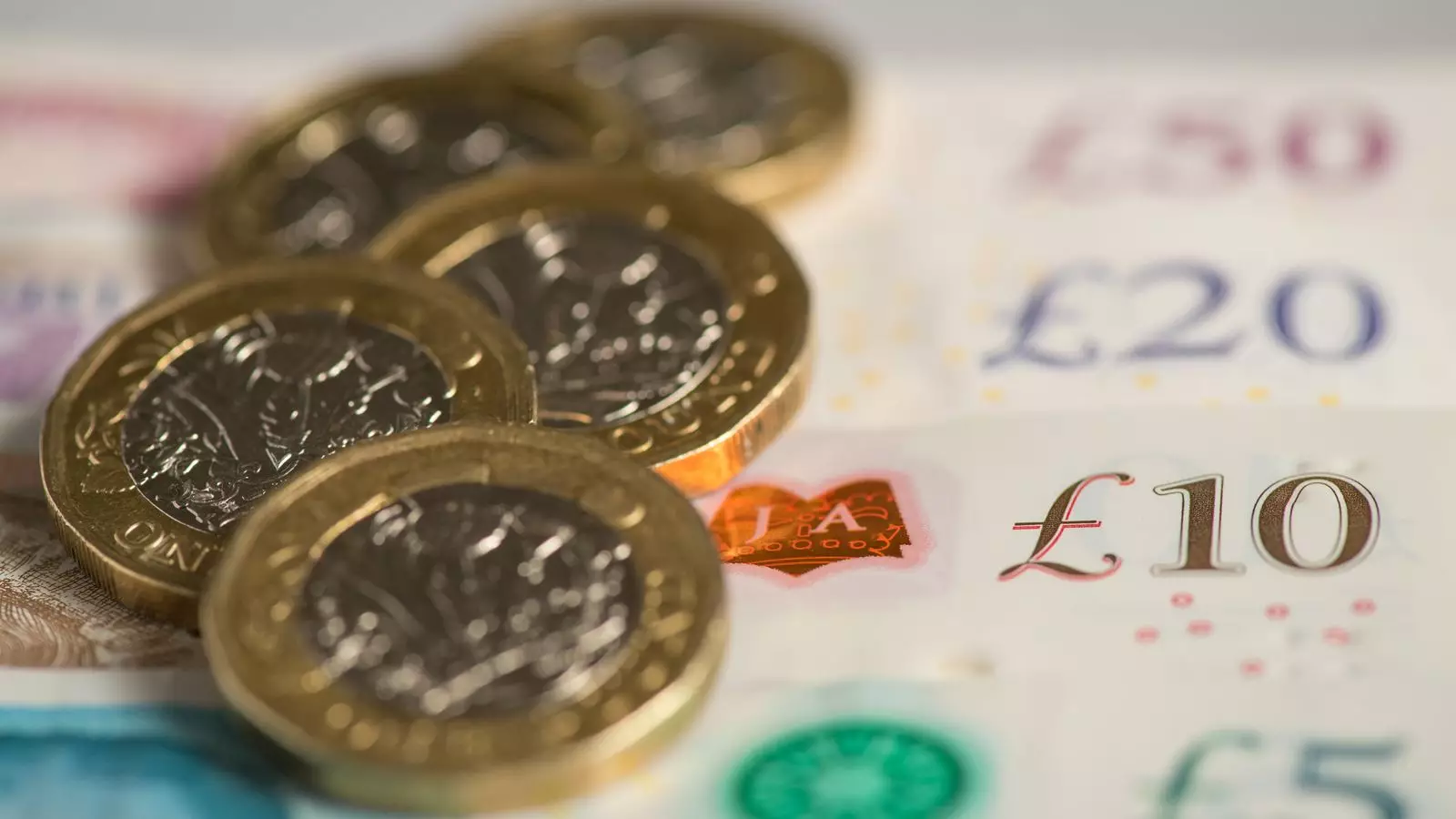The UK economy has shown signs of improvement, with official figures indicating that it is no longer in recession. The Office for National Statistics (ONS) reported that Gross domestic product (GDP) grew by a better-than-expected 0.6% between January and March. This exceeded economists’ predictions of a 0.4% growth rate. The Prime Minister, Rishi Sunak, expressed optimism, stating that the economy had “turned a corner” and emphasizing the importance of sticking to the current economic plan.
The recent recession was declared after two consecutive three-month periods of economic contraction, which followed a series of contractions in GDP growth. Factors contributing to the slump included reduced consumer spending power due to high inflation and energy prices. Furthermore, unfavorable weather conditions, such as wet weather, also played a role in keeping shoppers at home, leading to decreased economic activity.
Despite the challenges faced during the recession, recent figures have shown better-than-expected growth for the UK economy. In March, GDP grew by 0.4%, higher than the 0.1% forecasted by economists. Additionally, GDP growth figures for February were revised upwards from 0.1% to 0.2% by the ONS. These positive trends suggest that the economy is on track for recovery.
Political Responses
While government officials have hailed the recent growth figures as a sign of progress, opposition parties have expressed skepticism. Labour’s shadow chancellor, Rachel Reeves, highlighted that the economy is still £300 smaller per person compared to when Rishi Sunak became Prime Minister. The Liberal Democrats’ Treasury spokesperson, Sarah Olney MP, criticized the Conservative Government for crashing the economy and causing financial hardships for households.
Industry Performances
The ONS’s director of economic statistics, Liz McKeown, pointed out that there was broad-based strength across various service industries, with sectors like retail, public transport, health, and car manufacturing performing well. Despite this, the construction sector experienced another weak quarter, which slightly offset the overall economic growth.
Economic analysts, like Ruth Gregory from Capital Economics, have expressed optimism about the UK’s economic recovery. She noted that the recent figures suggest a stronger recovery than previously anticipated. This positive outlook may influence the Bank of England’s decisions regarding interest rates, as robust GDP growth in April may alleviate the need for immediate rate cuts.
While the UK economy has shown promising signs of recovery after the recent recession, there are still challenges that need to be addressed. It is crucial for policymakers to continue monitoring economic indicators and implementing measures to ensure sustainable growth and prosperity for all sectors of society.



Leave a Reply